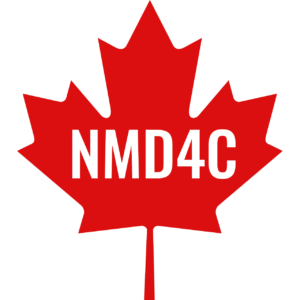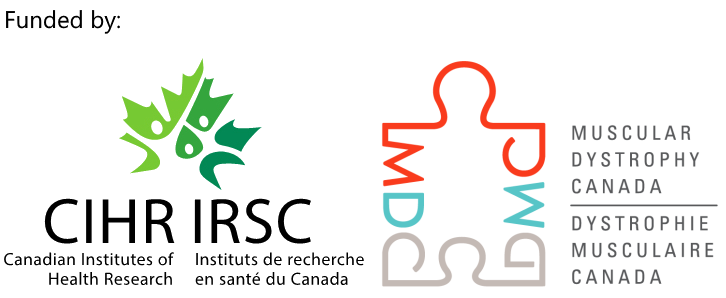The Hospital for Sick Children Division of Neurology – Neuromuscular Teaching Program
Fellowship Institution(s): University of Toronto, The Hospital for Sick Children
Program director:
Program administrator: Abigail Tungul |
Adult/Pediatric: Pediatric
Number of fellowships / year: 1
Length of Program: One-year and two-year
Fellowship Focus: Combined; Second year has research focus
Fellows Background: Physiatry (10%), Neurology (20%), Pediatric Neurology (70%)
Exposure to: Pediatric Physiatry (10%), Adult Neuromuscular (20%), Pediatric Neuromuscular (50%), Neuroelectrophysiology (20%)
Funding Available: No - Fellow needs to bring their own funding
CSCN eligibility post-fellowship: Yes
Fellowship Objectives: https://neuromuscularnetwork.ca/files/Neuromuscular-Program-Sickkids.pdf
Summary:
The Pediatric Neuromuscular Fellowship Program at The Hospital for Sick Children is a one-year fellowship, with the possibility of extension to a second year. The program is designed to provide excellence in diagnosis and management of paediatric neuromuscular disorders. At the conclusion of the fellowship, trainees will have acquired profound knowledge in genetics/molecular biology, EMG/NCVs, Neuromuscular imaging (MRI, CT), pathology, and rehabilitation in neuromuscular disorders. The fellowship will also provide an opportunity to be part of different clinical trials, with a focus in gene therapy. We have a variety of different specialized multidisciplinary clinics such as the Spinal Muscular Atrophy clinic and a joint genetics-neuromuscular clinic. Trainees will also be exposed to adult neuromuscular clinics since we consider it especially important to have exposure to the whole spectrum of this group of disorders. Our neuromuscular program has a strong educational commitment as well as a strong clinical and translational research collaboration with different departments across the hospital. Although this is mainly a clinical fellowship, we will encourage the trainee to be involved in clinical or translational research as well. We strongly believed that the combination with translational research provides a unique vision that will enhance the knowledge and understanding of the diagnosis and treatment on neuromuscular disorders.

